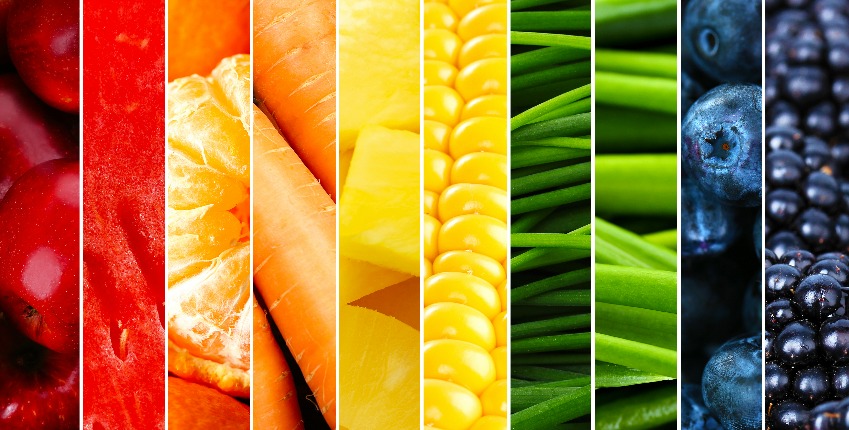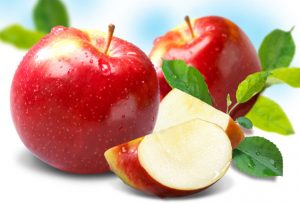Smoothies are a fantastic way of making sure you hit your ‘five a day’ target. A wide range of fruits and vegetables can be combined to create the most amazing tasting smoothies. Some combinations of fruits and vegetables work better together than others, and sometimes it can be a case of trial and error to get the recipe right. Both organic and non organic fruits and vegetables can be used to create great tasting smoothies, whether you choose non organic or organic produce may depend on your personal preference, budget or health concerns.
Many people who can afford to opt for organic produce, do so believing that they are giving their body the very best in terms of natural produce. While it is true that there are far fewer chemical pesticides used in the production of organic fruits and vegetables, some form of pesticide is still used to protect the produce as it grows. While research has provided evidence to suggest that organic fruits and vegetables contain more vitamin C than those produced non organically, there is no real evidence to prove that non organic fruits and vegetables are lacking in any nutritional value.
A rule of thumb would be to buy organic when looking for produce listed as being likely contain the highest amounts of pesticide residue such as apples, spinach and blueberries as well as celery, cucumbers and grapes, all of which are popular choices for smoothies. Nectarines and peaches as well as strawberries are also regarded as having a high residue of pesticides on them. The cleanest fruits and vegetables, with less chemical residue include avocados, grapefruit and mango as well as pineapple, asparagus and kiwi. Meaning that there is less of a requirement to buy organic. Which in the longer term could save you some money, which can be spent on buying organic where necessary.




